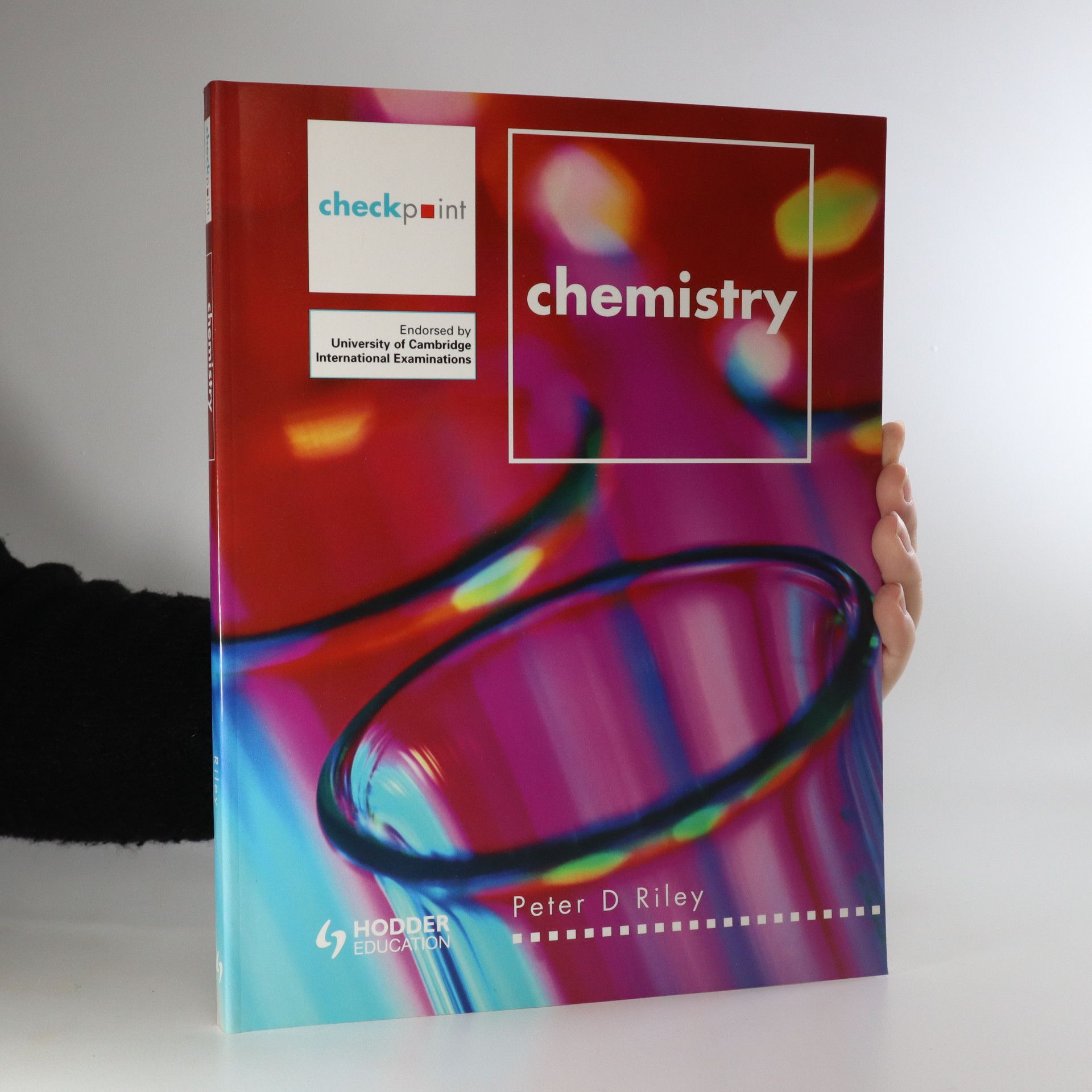The Oxford Literacy Web is an exciting new literacy programme designed to guide schools successfully through the primary years. Fitting the requirements of the National Literacy Strategy, National Curriculum in England and Wales, English Language 5-14 in Scotland, and Common Curriculum inNorthern Ireland, the Oxford Literacy Web guides pupils through the core skills associated with learning to read and write with a diverse range of literary styles within the genres of fiction, non-fiction, rhymes, language, and poetry.The "Non-Fiction" strand is a series of colourful, lively information books. They can be used to teach valuable information retrieval and research skills, and they enable children to learn to read and write a range of different text types. The books can be used with children at different levels ofreading ability for shared reading with the teacher, guided reading, or independent reading. The Year 1 Non-Fiction books are designed to be used with children of 4-6 years. They present a range of text types on two popular infant topics (toys and animals). The books are available in both standardand `big book' format.Dinosaur Alphabet is an alphabetical reference book with fascinating pictures and information about dinosaurs.
Peter D. Riley Bücher
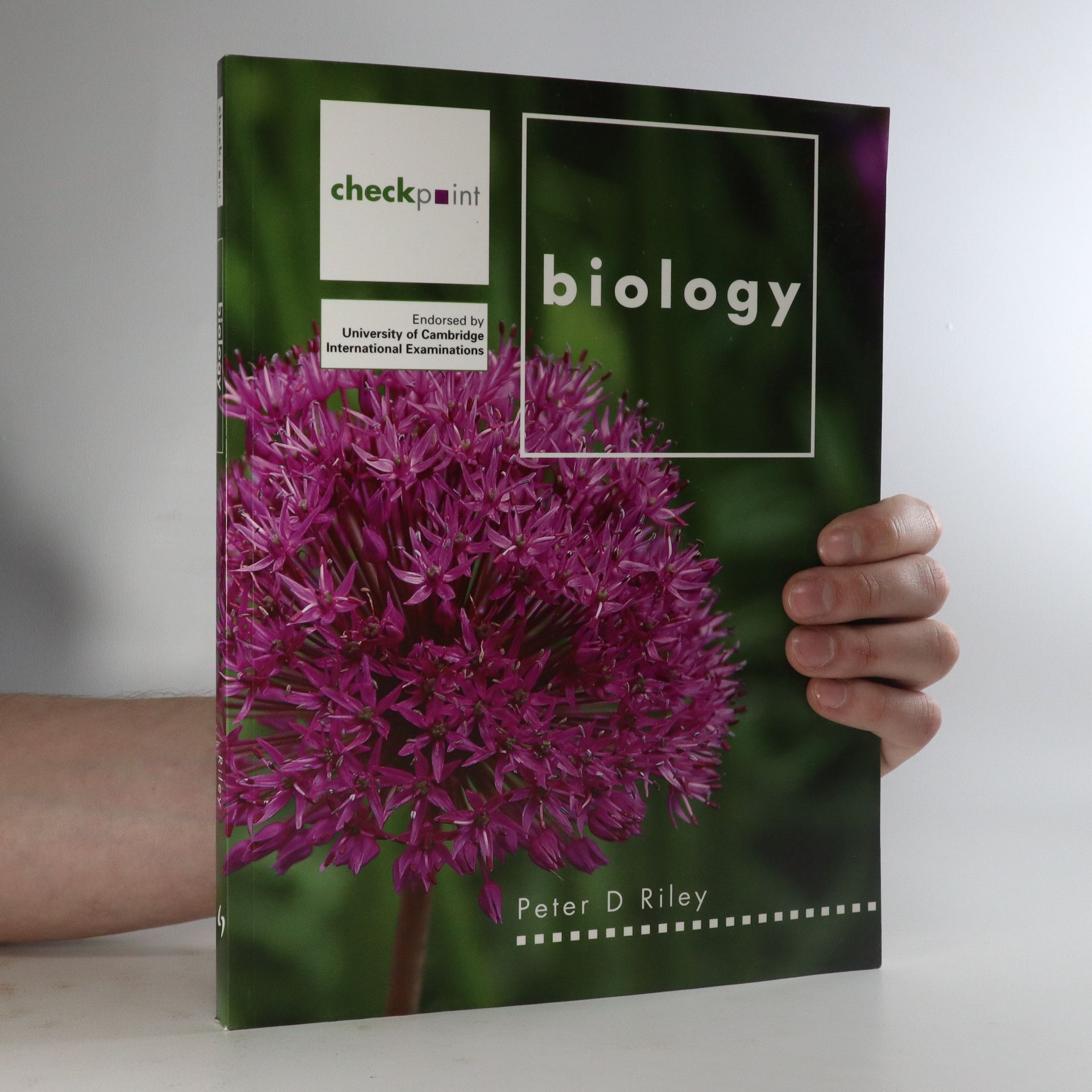
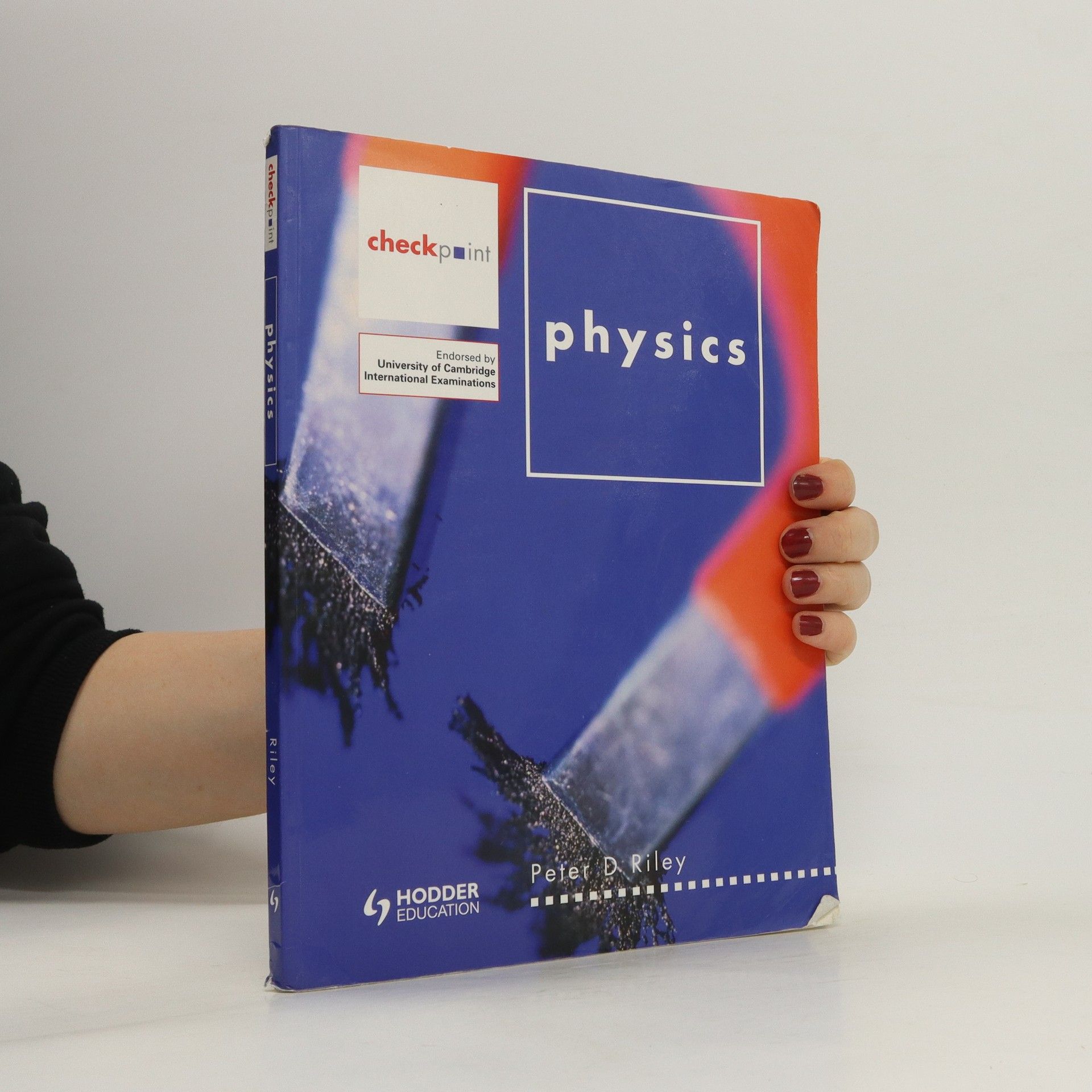
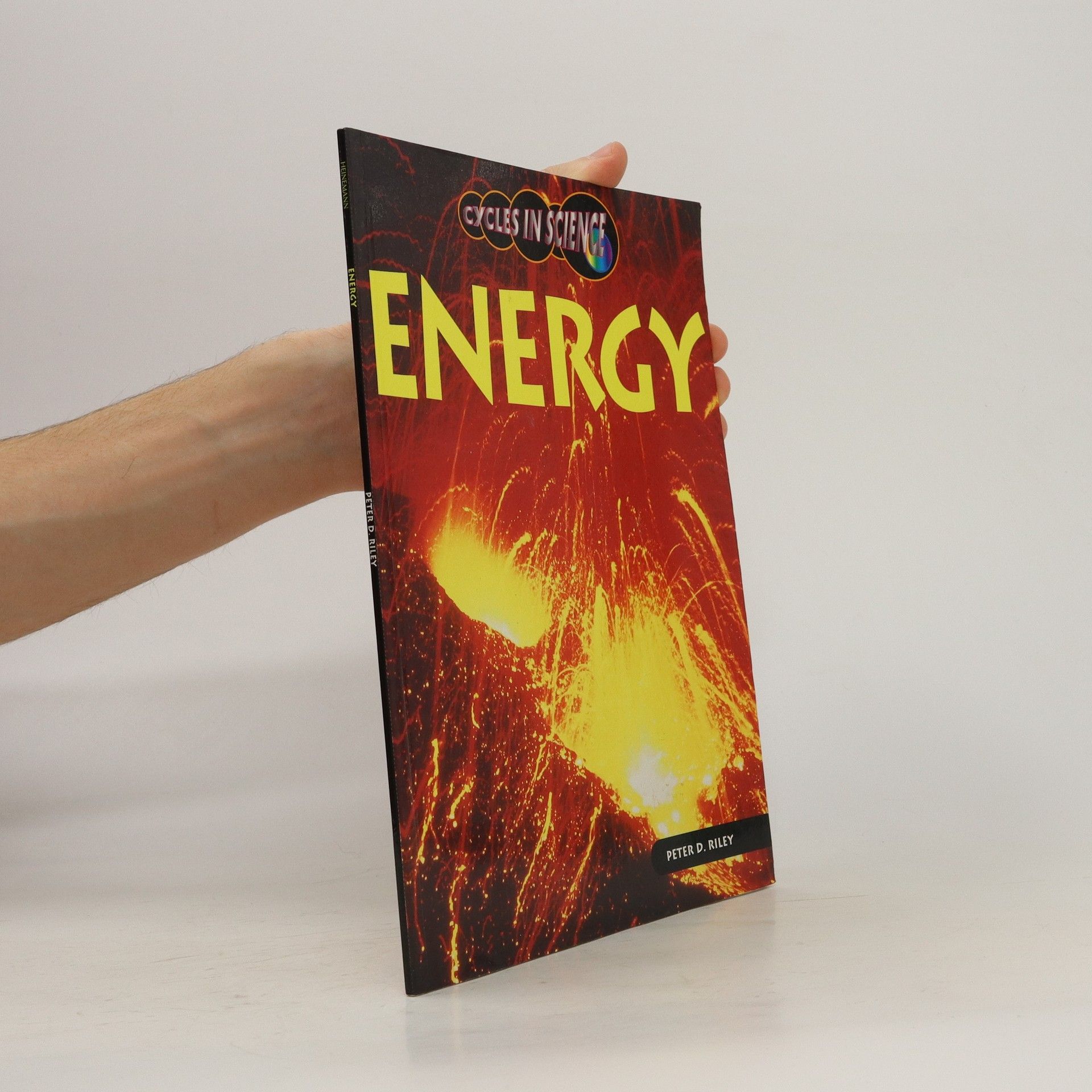


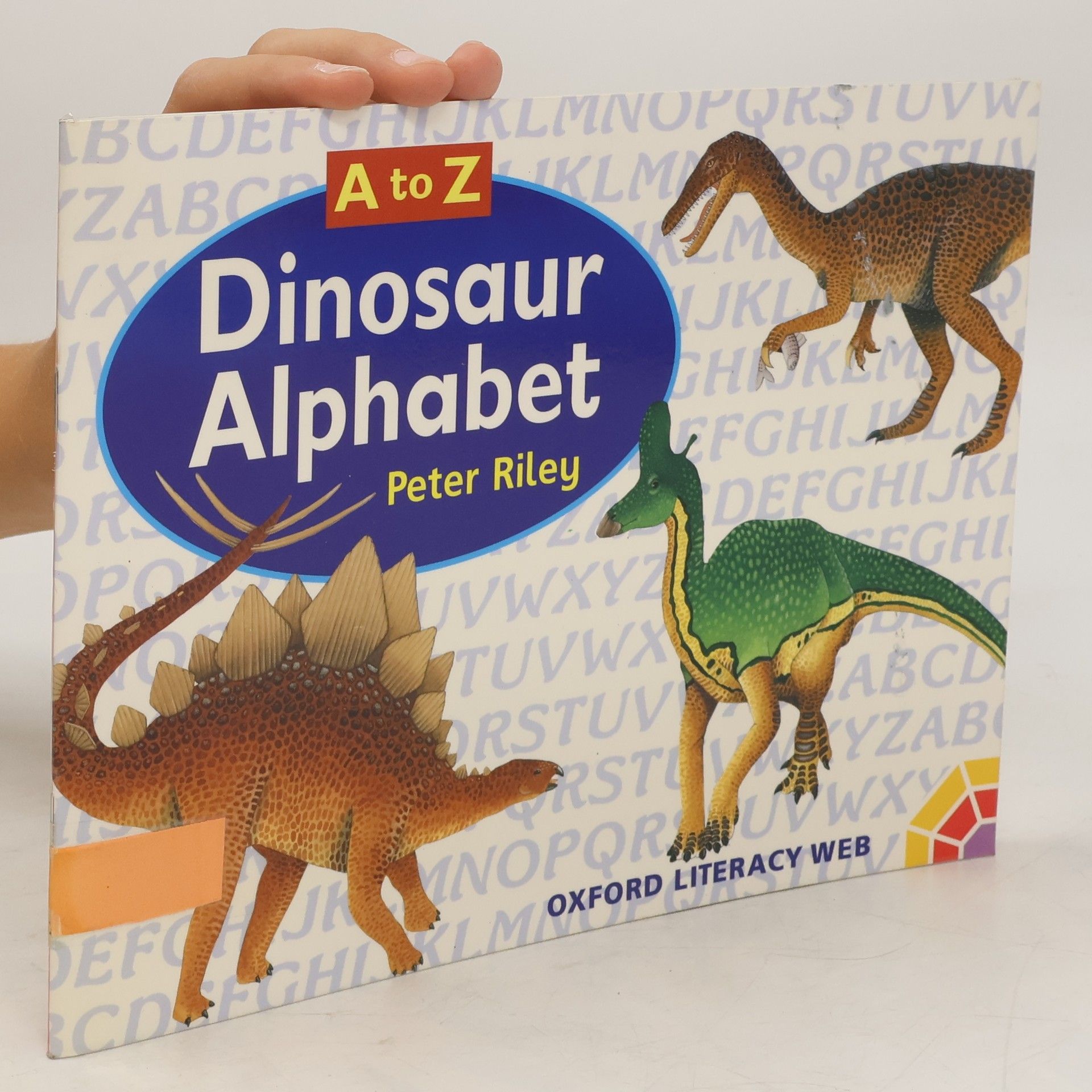
The Oxford Literacy Web is an exciting new literacy programme designed to guide schools successfully through the primary years. Fitting the requirements of the National Literacy Strategy, National Curriculum in England and Wales, English Language 5-14 in Scotland, and Common Curriculum in Northern Ireland, the Oxford Literacy Web guides pupils through the core skills associated with learning to read and write with a diverse range of literary styles within the genres of fiction, non-fiction, rhymes, language, and poetry. The "Non-Fiction" strand is a series of colourful, lively information books. They can be used to teach valuable information retrieval and research skills, and they enable children to learn to read and write a range of different text types. The books can be used with children at different levels of reading ability for shared reading with the teacher, guided reading, or independent reading. The Year 1 Non-Fiction books are designed to be used with childrenof 4-6 years. They present a range of text types on two popular infant topics (toys and animals). The books are available in both standard and `big book' format. Dinosaur Alphabet is an alphabetical reference book with fascinating pictures and information about dinosaurs.
The book is in collaboration with Cambridge Assessment International Education, aiming for endorsement, which suggests a focus on educational standards and quality. It likely offers valuable content aligned with academic requirements, making it a significant resource for students and educators.
Energy
- 32 Seiten
- 2 Lesestunden
Checkpoint Physics
- 192 Seiten
- 7 Lesestunden
"Checkpoint Physics is one of three books that covers the requirements ofthe Cambridge International Examinations Checkpoint tests and other equivalentjunior secondary science courses. The clear text and colourful illustrationsand photographs fully explain the concepts and encourage background reading.Boxed sections are used to show how scientific ideas have developed and howthey are applied in today's world. Each book contains a glossary and issupported by a Teacher's Resource Book that contains details of practical work." -- BOOK JACKET.
Checkpoint Biology
- 240 Seiten
- 9 Lesestunden
- Chapters are presented in the same order as topics in the Checkpoint Biology Scheme of Work; Chapters 1-5 are for Year 1, Chapters 6-10 for Year 2 and Chapters 11-15 for Year 3. - The clear text and colourful illustrations and photographs fully explain the concepts and encourage background reading. - Boxed sections are used to show how scientific ideas have developed over time and how they are applied in today's world. - Questions throughout encourage pupils to extract relevant information from text and think more deeply about the topics. - 'For discussion' boxes are designed specially to stimulate class or group discussions and can be used in work on science and citizenship. - The extensive glossary contains all key syllabus words for biology and helps to build pupils' scientific vocabulary. - The accompanying Teacher's Resource Book provides full support, including details of practical work, answers to all questions in the Pupil's Book and suggestions for the use of ICT.
Checkpoint Chemistry
- 192 Seiten
- 7 Lesestunden
"Checkpoint Chemistry is one of three books that covers the requirements of the Cambridge International Examinations Checkpoint tests and other equivalent junior secondary science courses. The clear text and colourful illustrations and photographs fully explain the concepts and encourage background reading. Boxed sections are used to show how scientific ideas have developed and how they are applied in today's world. Each book contains a glossary and is supported by a Teacher's Resource Book that contains details of practical work." -- BOOK JACKET.
